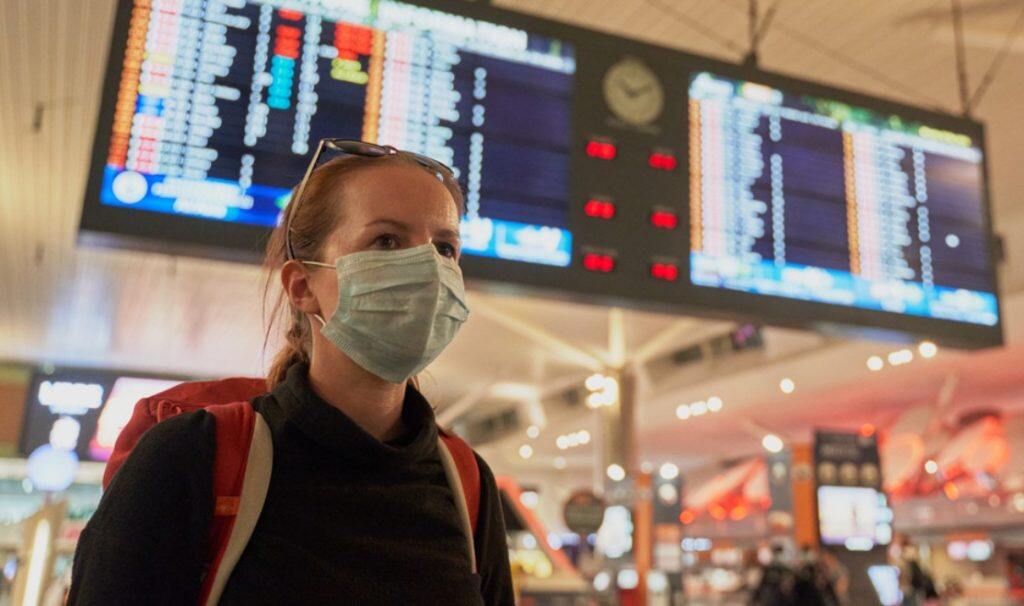

The COVID-19 pandemic has created an unparalleled crisis for the airline industry: International and domestic air travel has slowed considerably, partly because passengers fear the spread of the disease in airplanes and airports, meaning there have been massive job losses.
Different airlines are trying a variety of ad hoc strategies “devoid of clear evidence of their effectiveness” to mitigate the risk to travellers, says Manaf Zargoush, assistant professor of health policy and management at the DeGroote School of Business.
Zargoush has received a McMaster COVID-19 research grant to study evidence-based operational and screening decisions meant to mitigate the spread and impacts of COVID-19.
The disparity in the ad hoc strategies makes it clear that there’s a need for a clear, evidence-based set of screening criteria to assess the risk of disease spread on flights and at airports, Zargoush says.
“Random screening strategies have little value. No screening strategy poses a considerable risk of disease spread. And mass screening is not even feasible, considering the limited resources that we live with.”
Zargoush and other researchers will use AI and simulation models to look at how the disease can spread in an aircraft and how protective measures can minimize this spread, how to predict the risk on a flight and how to optimize screening strategies at airports to minimize risk to passengers.
The project includes collaborators from McMaster’s Faculty of Health Sciences, McGill University, Ryerson University, the University of New Brunswick, the University of Alberta and Joseph Brant Hospital in Burlington, Ont.
“And don’t get me wrong, this is not only about airlines,” Zargoush says.
“The models that we are developing, particularly the simulation model, can be applied to minimize the risk of disease spread to any other enclosed space,” such as hospitals, classrooms or even shopping malls.



































